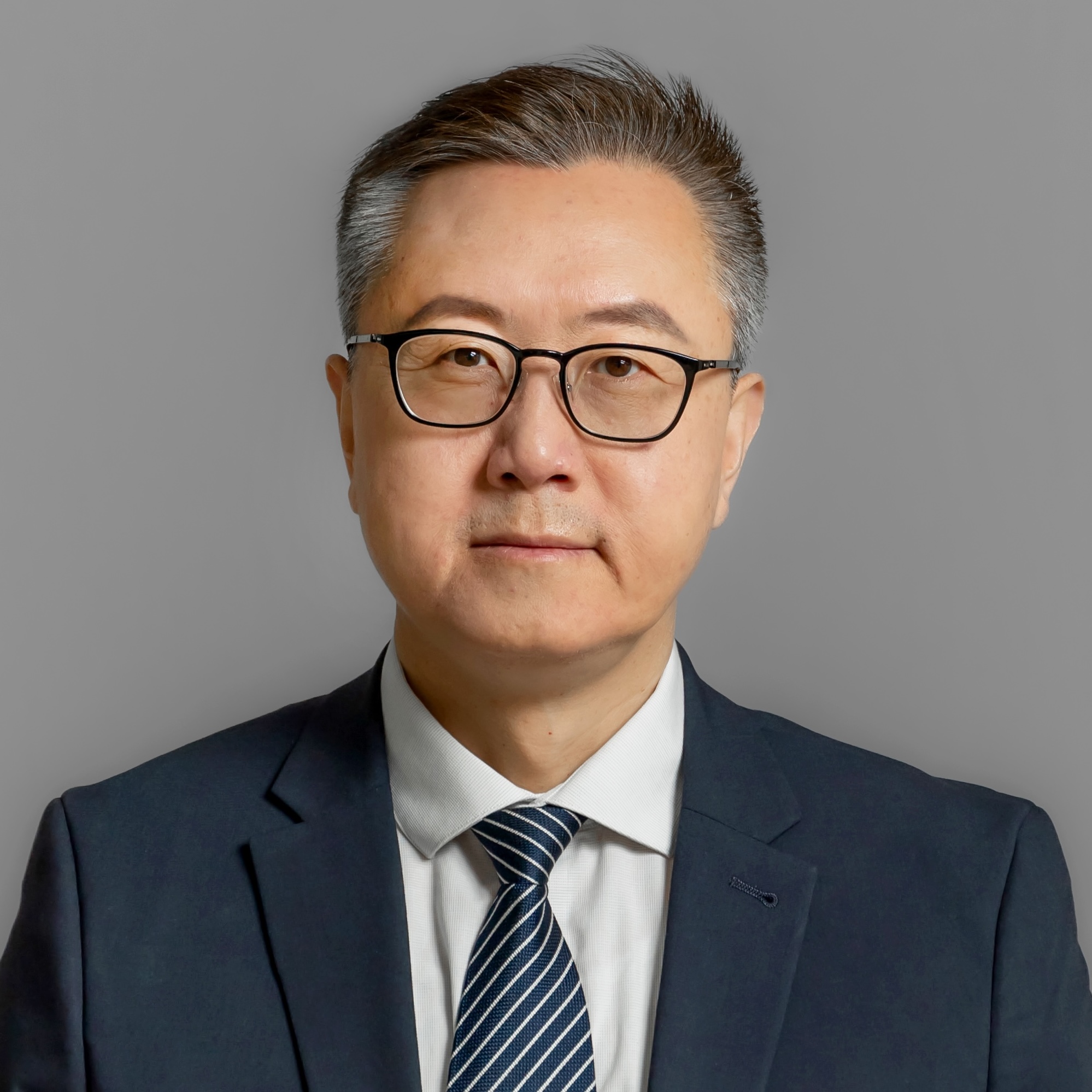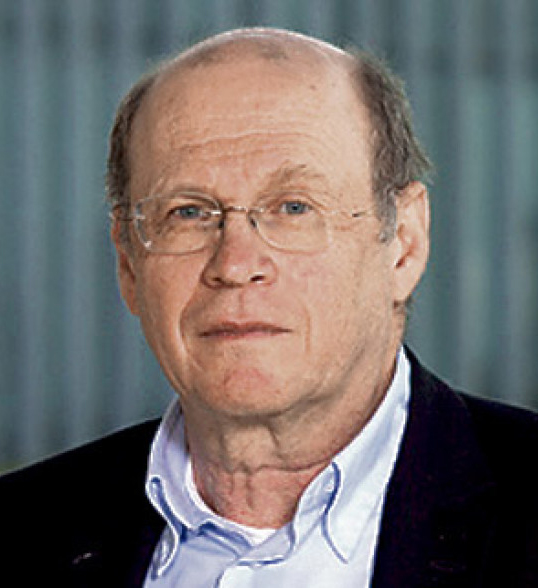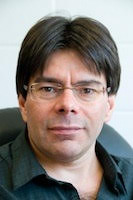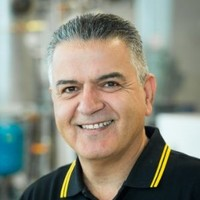Located in the beautiful greater Vancouver area, PharmaPlanter Technologies Inc. is a biotechnology company with a mission to develop products and technologies to improve people's health.
At PharmaPlanter, we have established an integrated technology platform that allows us to translate research discoveries into health products and technological solutions in an efficient and economical manner.

Dr. Hongwei Cheng is the co-founder, Chief Executive Officer, and Chief Scientific Officer of PharmaPlanter Technologies.
As a trained medical practitioner in China, Dr. Cheng has over 10 years of clinical experience in plastic and orthopaedic surgery. He obtained his PhD in surgery from Peking Union Medical College and received his postdoctoral fellowship training at the University of Chicago in Molab with Dr. Tong-Chuan He.
As a scientist, Dr. Cheng has 7 years of experience in animal modelling and translational research from the University of British Columbia. He has authored over 50 scientific papers in plastic surgery, cancer biology, disease modelling and drug discovery, with many of them published in prestigious journals including Nature, Cancer Cell, and Blood. He is the first scientist to discover that BMP9 is the most potent osteogenetic growth factor among all the 14 BMP protein family members.
Dr. Cheng is also a distinguished professor and the director of the PDX modelling and translational medicine laboratory at Xinxiang Medical School.

Dr. Nahum Sonenberg has been a professor at McGill University in the Department of Biochemistry and the Rosalind and Morris Goodman Cancer Research Centre since 2002.
Dr. Sonenberg’s primary research interests are in the field of translational control in health and disease. He studies the molecular basis of the control of protein synthesis in eukaryotic cells and its importance in diseases such as cancer, obesity, diabetes, and neurological diseases.
Notably, in 1978, he identified the mRNA 5’ cap-binding protein, eIF4E, the rate-limiting component of the eukaryotic translation apparatus. He later discovered the Internal Ribosome Entry Site (IRES) mechanism of translation initiation in eukaryotes, and the regulation of cap-dependent translation by eIF4E-binding proteins (4E-BPs). He also discovered that eIF4E is a proto- oncogene, whose levels are elevated in tumours. Subsequently, he showed that rapamycin (an anti-cancer drug that suppresses mTOR) inhibits eIF4E activity. While generating eIF4E binding protein knock-out mice, he discovered that the protein plays important roles in metabolism, learning and memory, and innate immunity. More recently he showed that eIF4E is implicated in autism and Fragile-X Syndrome as well as in the function of the circadian clock.
Dr. Sonenberg has been elected to several prestigious societies. He was elected as a fellow of the Royal Society of Canada in 1992, he is a senior international research scholar of the Howard Hughes Medical Institute, and he was appointed an Officer of the Order of Canada in 2010. He was elected to the American Academy of Arts and Sciences and The Royal Society of London in 2006. He is a Fellow of the American Association for the Advancement of Science since 2012, he was elected as an Associate Member of the EMBO in 2013, and in 2015, he was elected Foreign Associate of the National Academy of Sciences and International Member of the National Academy of Medicine (USA).
Dr. Sonenberg has received numerous awards in recognition of his leadership in biomedical research including the 2002 Robert L. Noble Prize from the National Cancer Institute of Canada, the 2005 Killam Prize for Health Sciences, and the 2008 Gairdner International Award. He received the Gairdner Foundation International Award in 2008 for his contributions to medical science, he was awarded the Canadian Institutes of Health Research Health Researcher of the Year Award in Biomedical and Clinical Research in 2009, and he received the 2012 Lewis S. Rosenstiel Award for Distinguished Work in Basic Medical Science. Dr. Sonenberg received the 2013 McLaughlin Medal from the Royal Society of Canada, the 2014 Wolf Prize in Medicine, and an Honorary Doctorate from the University of Laval in 2016. In 2018 he was awarded the Prix Du Quebec Wilder-Penfield Prize from the Government of Quebec, Canada.
Currently, Dr. Sonenberg has expanded his research into topics such as the roles of translation in neurobiology and synaptic plasticity. Presently, his lab works on translational control in cancer, oncolytic viruses as anti-cancer drugs, microRNA control of translation, learning and memory, and translational control of plasticity.

Dr. Poul Sorensen is board-certified anatomic pathologist who specializes in the molecular pathology of pediatric cancers. He obtained his undergraduate, medical, and PhD degrees from the University of British Columbia (UBC) and McGill University. Dr. Sorensen holds the Johal Endowed Chair in Childhood Cancer Research and he is Professor of Pathology and Laboratory Medicine at UBC.
His career has been dedicated to understanding the biological underpinnings of childhood cancers. His research focuses on targeting aberrant signaling pathways that are activated in childhood cancers and breast carcinoma. Dr. Sorensen’s laboratory uses a combination of genetic and biochemical approaches to identify proteins that are specifically altered in human tumours. His laboratory has discovered many novel genetic alterations in human cancers.
Most notably, he discovered a novel type of genomic alteration called an NTRK gene fusion, which causes diverse types of childhood cancer, breast tumours, and other human malignancies. His discovery of NTRK fusions led to the development of new treatments for patients whose cancer is caused by this genomic alteration. One such treatment, larotrectinib, is the first drug to be simultaneously studied and approved for both pediatric and adult cancers by the U.S. Food and Drug Administration (FDA) in 2018. In 2019, larotrectinib was approved by Health Canada with the brand name VITRAKVI® as a tumour agnostic treatment that can be used to treat more than 24 forms of cancer with this genomic alteration, including rare pediatric cancers.
Dr. Sorensen has received numerous prestigious awards including the 2016 Canadian Cancer Society’s Robert L. Noble Prize, the 2019 Blood Burton Award, the 2020 Aubrey J Tingle Prize, and the 2021 Order of British Columbia. In 2016, he was elected as a fellow of the Royal Society of Canada.
Dr. Sorensen is a founding member of the American Association for Cancer Research’s Pediatric Cancer Working Group. He is the former chair of the Translational Research Committee of the Children’s Oncology Group, the largest pediatric oncology clinical trials network in the world.

Dr. Jerry Pelletier is a professor in the Departments of Biochemistry and Oncology at McGill University and a member of the Rosalind and Morris Goodman Cancer Research Center.
He received his PhD from McGill University in 1988 and completed his post-doctoral fellowship at the MIT Center for Cancer Research in 1991. The overarching focus of Dr. Pelletier’s research is to understand how translation, a process fundamental to all cells, becomes deregulated in diseases. It combines chemical biology and genetic editing tools to understand how eukaryotic translation initiation regulates and molds the cellular proteome.
Dr. Pelletier’s studies have identified nodal points that are druggable vulnerabilities as well as unique small molecule inhibitors that interdict this process. He has also developed mouse cancer models that mimic small molecule-mediated targeted inhibition at the organismal level and have used these to validate the concept of targeting translation initiation in vivo.
Furthermore, he has developed powerful methods for applying genome engineering technology to suppress gene function in a stable manner. Dr. Pelletier was elected as a fellow of the Royal Society of Canada in 2017. In 2019, he was awarded the Robert L. Noble Prize by the Canadian Cancer Society.
Currently, his laboratory is working on gaining a better understanding of the process of angiogenesis in cancer by conducting studies aimed at post-transcriptional regulation of genes involved in this event.

Dr. Jinjun Shi is an Associate Professor of Anesthesia at Harvard Medical School and a faculty member in the Center of Nanomedicine at Brigham and Women’s Hospital (BWH). He earned a BSc from Tsinghua University and a PhD in Chemistry from Texas AM University in 2008.
He received his postdoctoral training at BWH and MIT. Dr. Shi’s research involves a highly interdisciplinary combination of nanotechnology, biomaterials, drug delivery, immunotherapy, and antioxidative therapy for transformative biomedical applications. In particular, his laboratory is interested in the rational development of innovative biomaterials and nanoparticle platforms for effective delivery of biomacromolecules (e.g., siRNA, mRNA, and proteins) and for biomedical applications in cancer, inflammatory diseases, and ischemic injuries.
Dr. Shi has developed various nanotechnologies for drug delivery and biomedical applications. He has been the recipient of multiple awards including the Independence Award from the National Institutes of Health in 2011, the Movember Challenge Award in 2013 from the Prostate Cancer Foundation (PCF), and the Young Investigator Award from the PCF in 2014. The Department of Defense has awarded him the Lung Cancer Research Program Concept Award in 2018 and the Peer Reviewed Cancer Research Program Idea Award in 2019. He has also received the Lung Cancer Discovery Award from the American Lung Association in 2019, and the Mass General Brigham Innovation Discovery Award in 2021. He was elected a fellow of the American Institute for Medical and Biological Engineering in 2021.
Dr. Shi’s most recent research focuses on examining the peripheral and central nervous system cellular mechanisms contributing to persistent post-operative pain, and understanding of the synergistic interactions between pain- inducing humoral factors (Endothelin-1 and Nerve Growth Factor) that are released by tumors and cause cancer pain.

Dr. Savvas G. Hatzikiriakos is a professor in the Department of Chemical and Biological Engineering at the University of British Columbia.
He obtained a diploma in chemical engineering from the Aristotle University of Thessaloniki in 1983, an MASc in chemical engineering from the University of Toronto in 1988, and a PhD in chemical engineering from McGill University in 1991. Dr. Hatzikiriakos’ main research interest is the rheology of complex fluids including polymer melts and their blends, suspensions, gels, and pastes.
His primary focus is on polymer melts of controlled molecular architecture, nanocrystalline cellulose suspensions, gels and pastes. Another major theme of his research activities is in the area of surface modification to control wetting properties, including superhydrophobic and superoleophobic surfaces with applications in the biomedical sector. He has made significant contributions to the science of rheology including his experimental and theoretical studies on the wall slip of molten polymers, polymer instabilities such as melt fracture, polymer blends (flow induced mixing and demixing) and experimental and theoretical developments in the area of identifying processing (slip) agents for polymer melt flow. He has mastered capillary rheometry using rheology to solve numerous important industrial problems related to polymer processing.
Dr. Hatzikiriakos has published over 230 referred journal papers, over 300 conference papers and presentations, six patents, and one book on polymer processing instabilities. Dr. Hatzikiriakos was the recipient of the Publication Award from the Journal of Rheology in 1994 and 2011, the Killam research fellowship in 1995, the Future Technology Award from the Society of Plastics Engineers in 2000, and the Mason Award from the Canadian Society of Rheology in 2014. Dr. Hatzikiriakos was elected as a fellow of the Canadian Academy of Engineering in 2013, a fellow of the Society of Rheology in 2020, and a fellow of the Engineering Institute of Canada in 2021.






